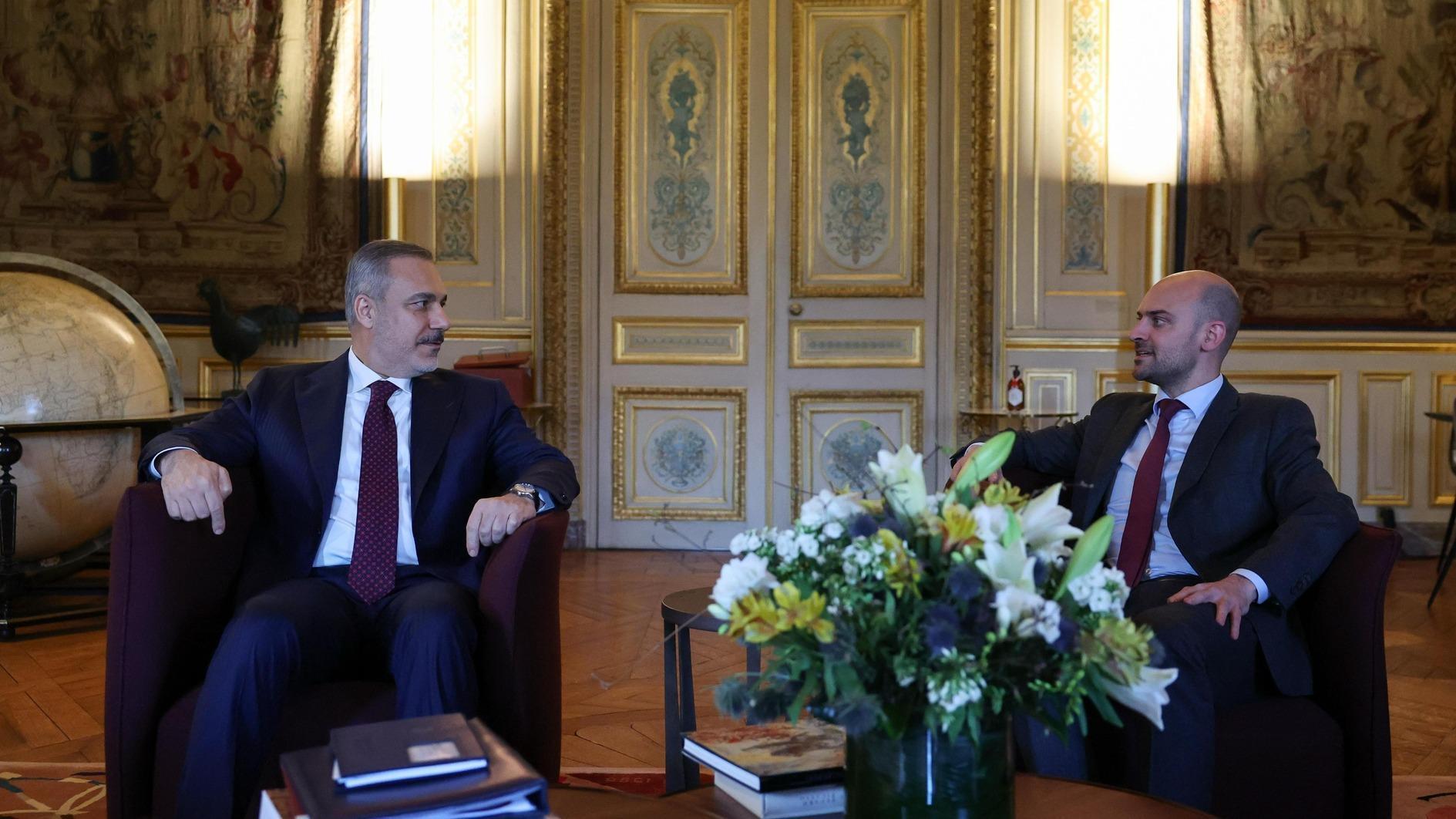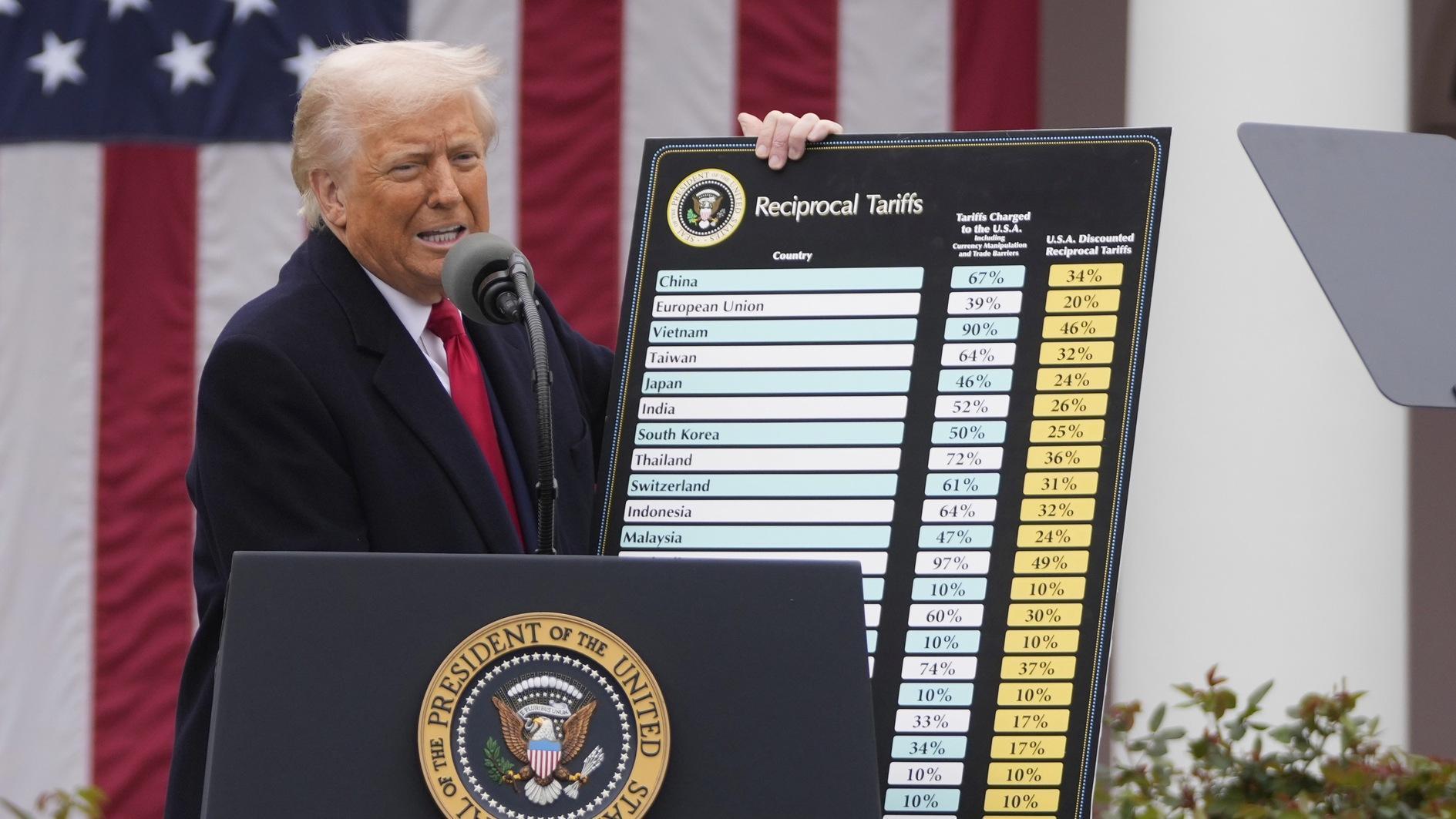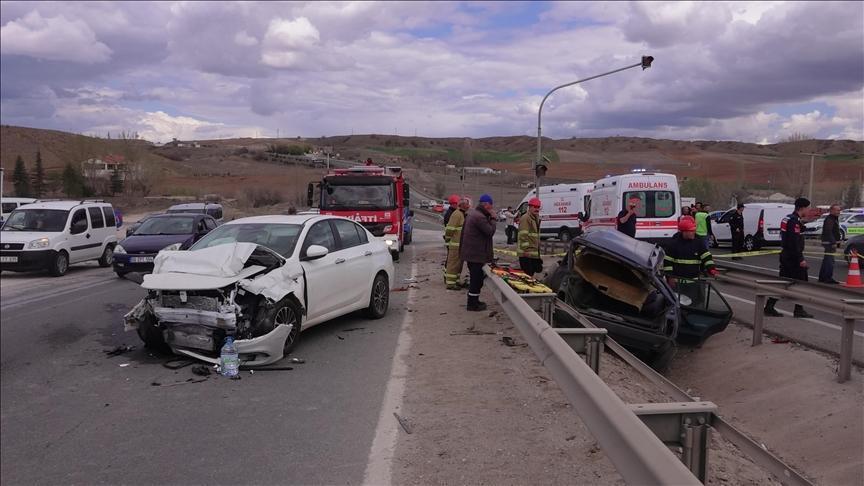The politics of a Kurdish Icon
Leyla Zana is one of the most respected Kurdish political figures. She has been a symbol of the Kurdish struggle for freedom and rights since she was first elected as an MP. She has always been a very popular figure both at home and abroad for her charismatic personality, which turned her into a political icon. She has always been independent-minded and respected as such.
Nevertheless, her public call of support for Prime Minister Erdoğan in her recent interview (Hürriyet, June 14) created a lot of controversy. She explained that she had invested all her hopes in Erdoğan to solve the Kurdish question, as he is powerful enough to do so. The initial reaction of BDP President Selahattin Demirtaş was mild but critical, as he stated that “it is naivity to expect Erdoğan to solve the Kurdish question.” The Kurdish opposition has always been very cautious about the possibility of division among its ranks, yet it is not difficult to guess that Zana’s latest move created serious disturbances for the BDP. Besides, the fact that Zana is getting praise from pro-government circles will only reinforce skepticism, as well as the division of hearts and minds among the ranks of the Kurdish opposition.
Zana must have thought that it was the right time to differentiate herself from the BDP to play a major role in Kurdish politics, since there are signs of international momentum for political negotiations. It is true that she has the domestic and international credentials to be involved in such a process. Nevertheless, she has not been wise enough to avoid playing the narcissistic role of the “politics of an icon” and instead play a sensible role of mediating among the many actors of Kurdish politics.
Political icons can play important roles under such circumstances (like the present political circumstances in Turkey) only if they manage to overcome the shortcomings of political clichés and confrontations, without losing credibility. Unfortunately, Zana fails to overcome the cliché definition of “an independent mind” that is critical of both the government and the opposition. Besides, she proves that her “wisdom” is rather shallow, as she has fallen into the trap of being over critical of the BDP while trying to ensure her credibility in the eyes of non-BDP actors of all sorts.
Finally, her criticism of the BDP is neither convincing nor fair, since in the name of criticism she mostly repeats the discourse of the BDP’s opponents. She implies that the BDP is alienated from Kurdish society and realities, which is also an oppostion cliché of the BDP. She states that “BDP MPs are Kurds in mind, as Kurdish AKP MPs are Kurds at heart.” I wonder how she explains the silence of Kurdish AKP MPs who could not even protest the Uludere incident, despite their “Kurdish hearts.” Finally, her criticisms of the BDP’s radical-populist discourse are quite self-contradictory for someone who was calling on Kurds to “vote for the guerillas” only a year ago.
In short, it would be wiser for Zana to play a comparatively independent role to try to convince the BDP of the need for peaceful negotiations, without risking alienating or dividing it. Nevertheless, such a role requires more political skill and less ego. Unfortunately, political icons often fail the test of the times of political turbulence.











